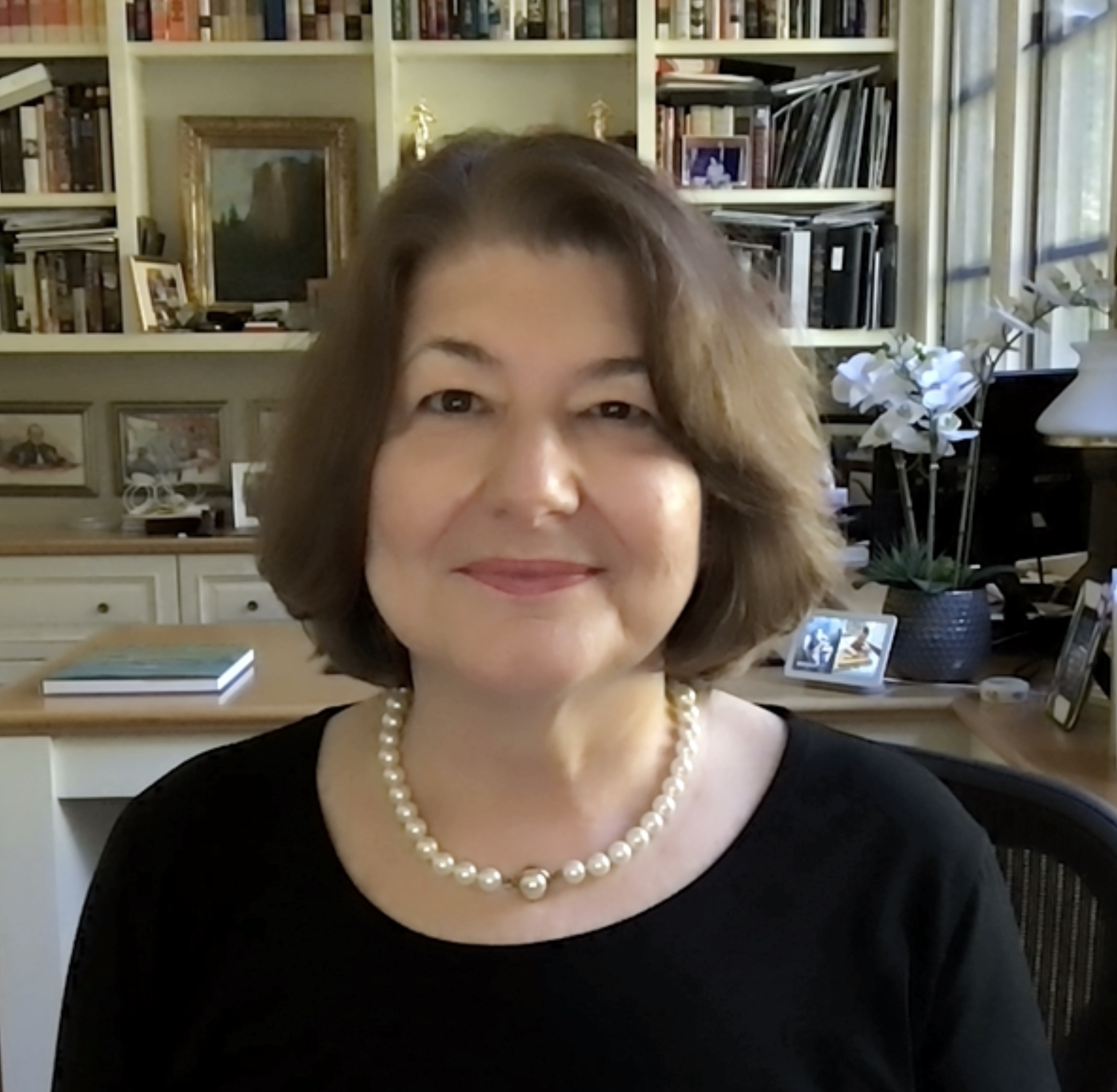
Water is a precious natural resource – both life giving and life sustaining. Yet, in many parts of the world, water supplies are scarce or dwindling. What does water scarcity mean to us today and what does Torah tell us about how to mitigate this scarcity?
In B'shalach, Exodus 17:1-7, the Israelites experienced thirst in the wilderness and, turning to their leader, they challenged Moses, “Is the Eternal present among us or not?” Moses complained to God and God instructed Moses: Take your rod and “strike the rock and water will issue from it, and the people will drink.” Moses struck the rock and water miraculously poured forth.
In their moment of need, the Israelites turned to their leader who advocated on their behalf to God -- and God provided the solution. Who do we turn to today when we thirst?
The Earth’s fixed quantity of water has remained the same for hundreds of millions of years, constantly refreshed and purified by cycling again and again through the ocean, sky and land. This cycle, a miracle of nature, ensures life on Earth but this cycle alone is not enough to meet our increasing need for clean water. As populations continue to grow and encroach into more arid regions, as the earth warms and desert climates expand, as drought conditions persevere, the tension between clean water supplies and increasing water demands grows and becomes more complicated. Our access to clean water, once dependent solely upon a miracle of nature, now requires more: better stewardship of existing water resources, recycling and reclamation, saltwater purification, expanded infrastructure, and innovative technology.
In 2010, the United Nations General Assembly recognized the human right to water and sanitation and acknowledged that clean drinking water and sanitation are essential to the realization of all human rights. However, according to the World Health Organization, 3 in 10 people worldwide, or 2.1 billion, lack access to safe, readily available water at home, and 844 million people do not have even a basic drinking water service, meaning a protected drinking water source that takes less than thirty minutes to collect water from. There are entire cities even in the United States that do not have clean drinking water; Flint, MI comes to mind.
In 2005, to meet the global demand for water, the United Nations ushered in the International Decade (2005-2015) for Action “Water for Life” program. In 2016, the United Nations extended this program through a new resolution “International Decade (2018–2028) for Action – Water for Sustainable Development” which includes Target 6.1: to achieve universal and equitable access to safe water for all by 2030.
In this week’s parashah the Israelites, in their thirst for water, turned to their leader Moses; Moses then turned to God, and God provided. Who do we turn to when we thirst? Do we put our faith in God to solve our current water problems as did Moses and the Israelites? Or do we take responsibility and make clean water a focal point of our action and advocacy? And can God be instrumental in satisfying our thirst if our thirst is not for water but rather for justice, equality and human rights? Let us speak out like the Israelites to our leaders about justice, equality and human rights, and find a way to bring water, both a miracle and a human right, to those who need it.
Julia Weinstein is WRJ Vice President of Programs and Education and a member of the Commission on Social Action (CSA) of Reform Judaism. She is a member of University Synagogue in Los Angeles, CA, a city which ranked eighth globally and first nationally in water stress on the Nature Conservancy’s global survey of large-city water sources.
Related Posts

Parashat Yom Rishon shel Rosh HaShanah

Cultivating a Culture of Accountability and Belonging


